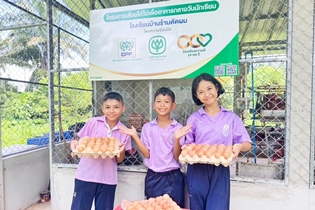

Charoen Pokphand Foods PLC (CPF) vows its strict compliance with animal welfare and antibiotics standards, to promote the natural behaviours of both livestock and aquatic animals and assure meat and food safety throughout the supply chain.
Dr. Payungsak somyanontanakul DVM., President of Animal Welfare & Anti Microbial Committee of CPF, said the compay has continually improved its farming practices in line with the Five Freedoms of Animal Welfare – freedoms from hunger and thirst; discomfort; pain; and injury; and freedom to express normal behavior. For favourable environment, the Five Freedoms are applicable to animals at all domestic poultry farms, pig farms and aquatic farms and contracted farmers’ farms together with efficient farm management that allows natural growth for the sake of animals’ growth and good health.
CPF’s pig farms are operated under 3 Ts (No Testicles, No Teeth Clipping and No Tail Docking). Pigs are raised in closed and ventilated buildings. Physical adjustments are being avoided or stopped including castration (to reduce boars’ odor), teeth reduction or clipping (to reduce damage to both the sow's teats during suckling and to other piglets), and tail docking (to prevent tail biting). In 2019, CPF’s pig business abolished the castration of over 700,000 piglets, the teeth clipping of more than 2 million piglets and tail docking of more than 3,000 piglets. Ear clipping of more than 3 million piglets were also cancelled. CPF’s pig business in Malaysia and Taiwan is 100% free of teeth reduction or clipping.
Broiler business is currently 100% free of beak trimming. With materials to peck at, hens’ natural pecking behavior is promoted. Concerning breeders and egg-laying hens, the infrared beak treatment technology is applied instead of beak trimming, to avoid causing injury.
In 2018, the cage free farming practice was adopted for egg-laying hens. The biosecurity hi-tech farming in closed buildings offers the Five Freedoms. Enjoying the freedoms, the hens maintain good physical and mental health and need no antibiotics.
Concerning the aquaculture business, female non-eyestalk ablation is applied. CPF has replaced ablation with a biotechnology in baby shrimp hatchery and nursing, allowing breeders to naturally lay eggs without eyestalk ablation.
Dr. Payungsak added that CPF has also practiced the Welfare Outcome Measures (WOMs), to assess animals’ physical and mental health. Animals with advanced welfare will demonstrate natural growth, emotions and behaviours. The measures are applicable to businesses in Thailand and overseas with emphasis on key factors like survival rate, growth rate, loss rate, carcass quality and quantity, and natural behaviours.
“The Five Freedoms and closed farming practices under international-standard management techniques ensure favourable environment and treatments. Animals enjoy good health and low stresses. Without sickness, they don’t need antibiotics and this ensures quality meat and sustainably quality and safe food production,” said Dr. Payungsak noted.
Aside, CPF has upheld responsible and appropriate use of antibiotics. A single approach is applicable to the company’s livestock business and contracted farmers’ in Thailand and overseas, demanding no use of human-only antibiotics in animals or shared-class antibiotics or growth-promoting hormones.
“CPF has consistently placed great emphasis on responsible and appropriate use of antibiotics. Our business in Thailand, Vietnam, Cambodia and Turkey have now stopped administering shared-class antibiotics to raise growth rate,” Dr. Payungsak said./






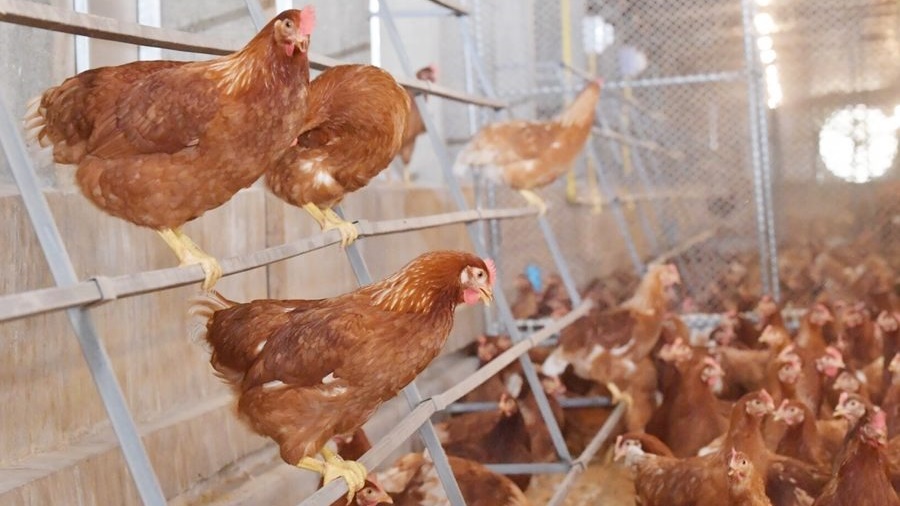
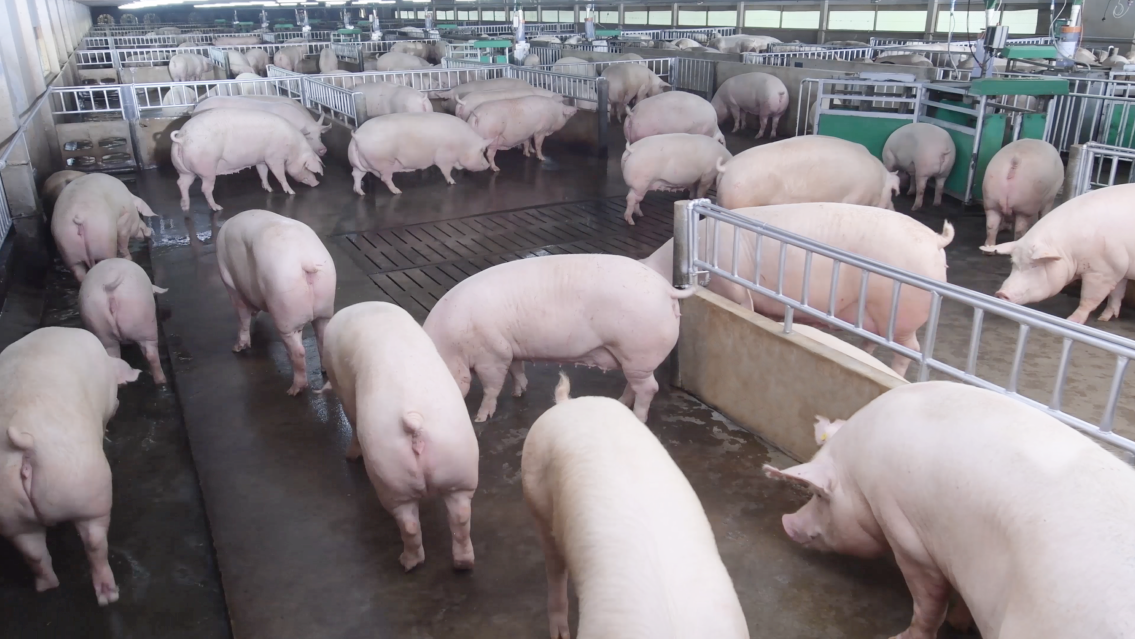
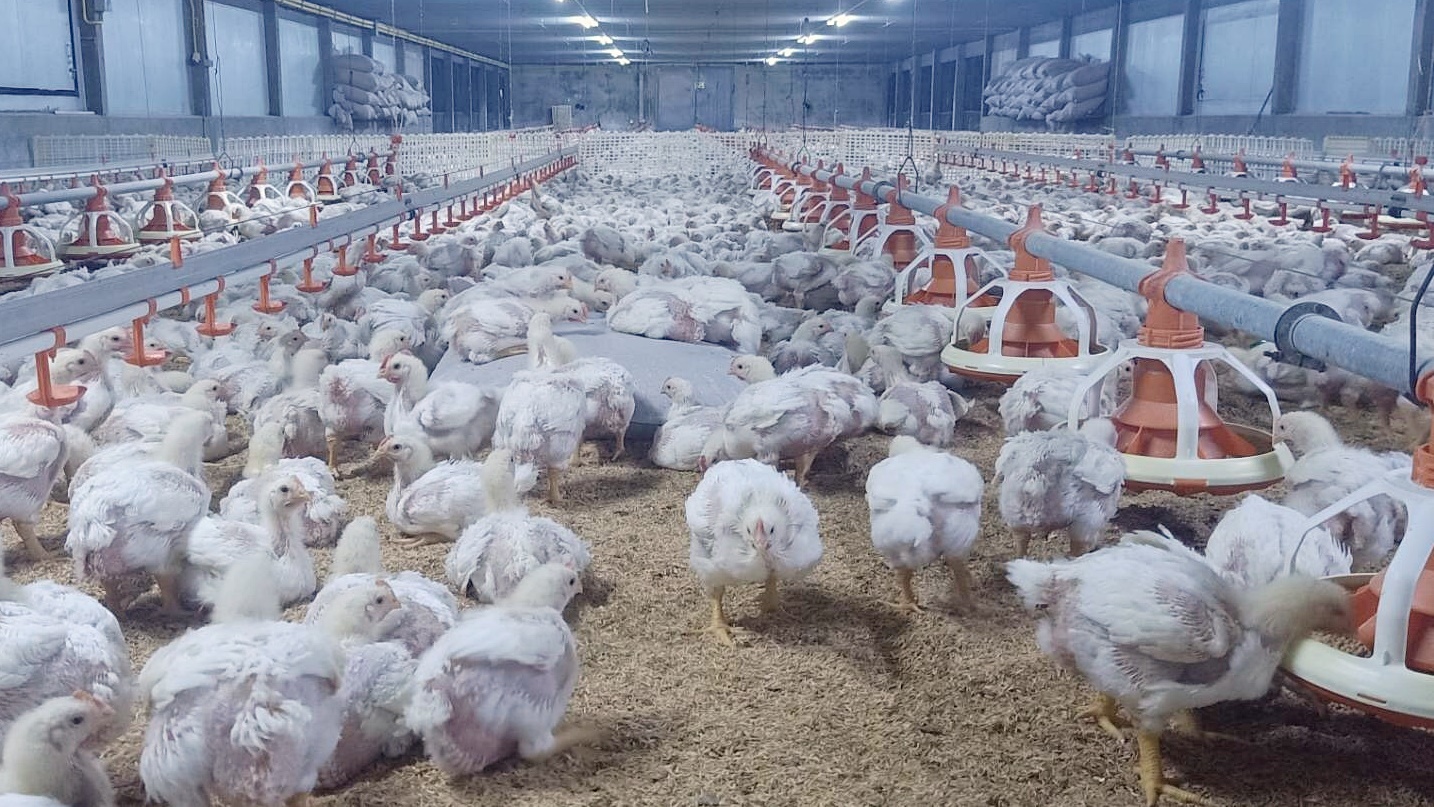
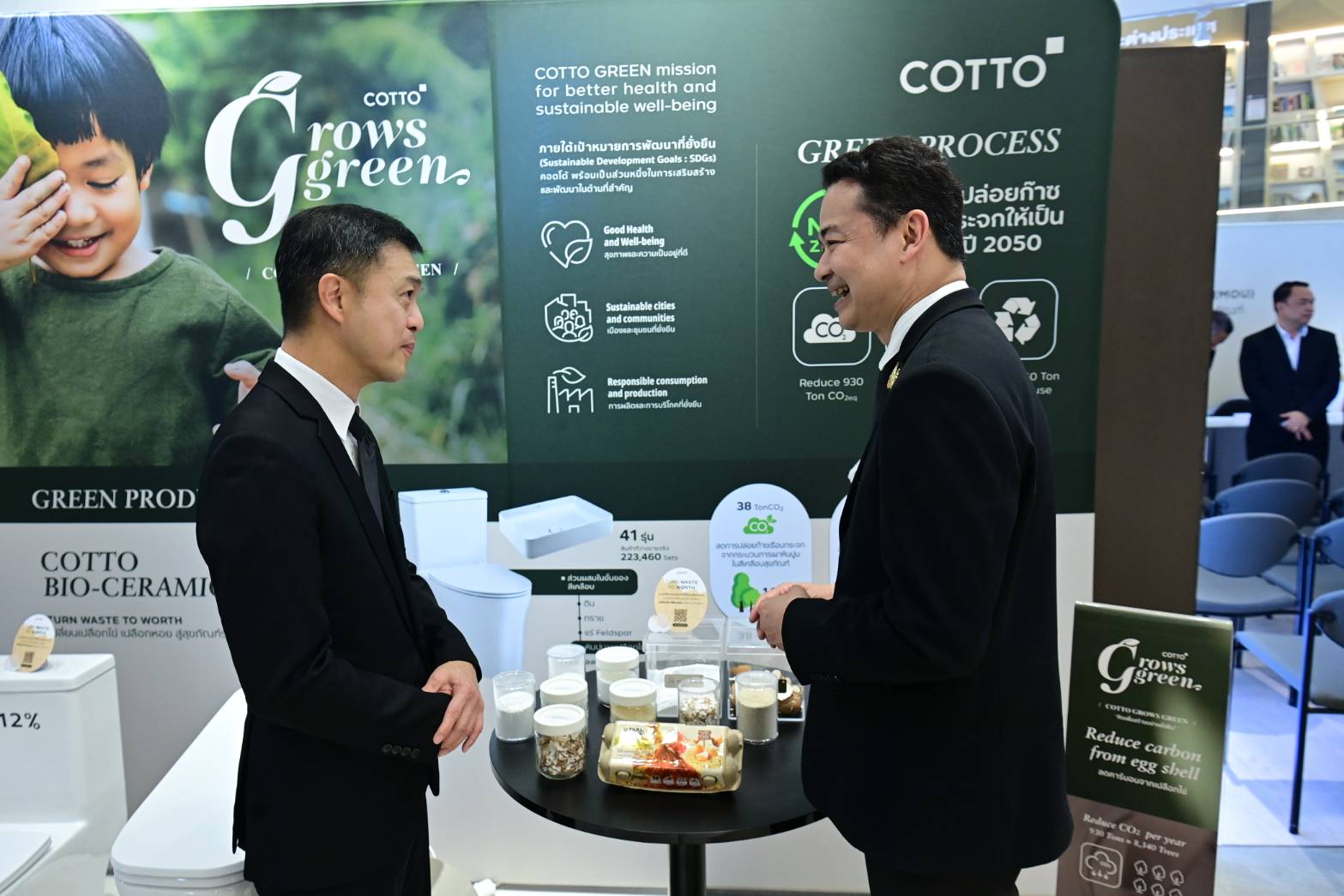
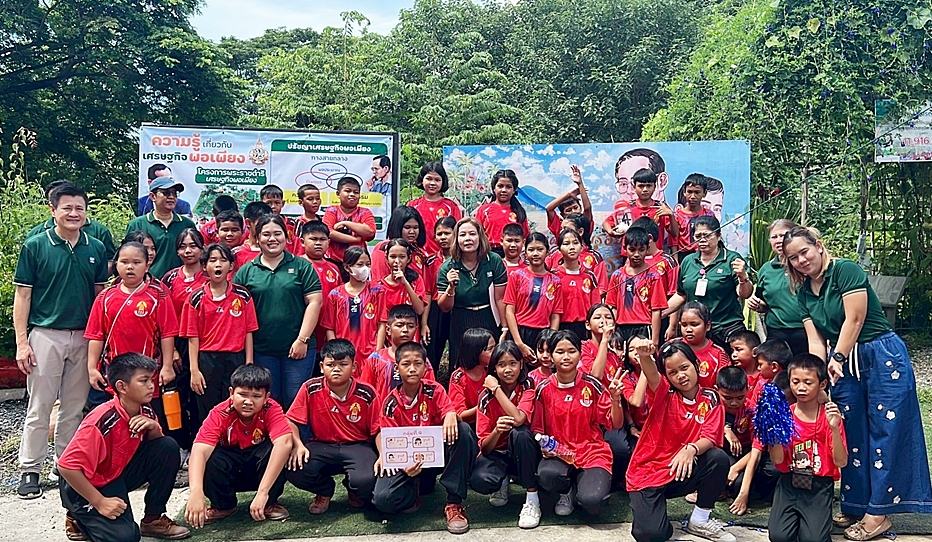
_1752829776.jpg)
